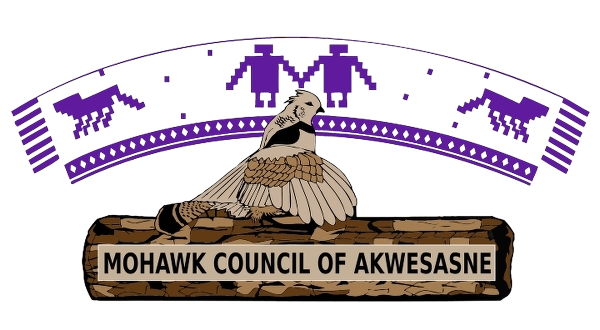Akwesasne Representative & Advocacy Program
Akwesasne Representative & Advocacy Program
The Akwesasne Representative & Advocacy Program (ARAP) — often referred to as the “Band Representative” under Part 4 of the Child, Youth and Family Services Act — advocates on behalf of Akwesasne band members in child protection proceedings involving First Nations children. ARAP guides families through complex legal matters and ensures that customary care is prioritized as the first and best option.
Our Mandate
ARAP is rooted in the principle that culture must be the foundation of all decisions regarding the care and protection of Akwesasronon children. Our advocacy emphasizes spiritual values, cultural identity, and the best interests of the child, especially when it comes to preserving family and community connections.
If a child involved in a protection proceeding is a band member or entitled to band membership, it is your right to have an Akwesasne Representative involved in the case.
We collaborate with child welfare agencies, children’s legal counsel, and government partners. However, please note: ARAP cannot intervene in cases involving Family Law or Criminal Law.
Child Advocacy Principles
ARAP believes:
- The child’s best interest must always come first;
- Maintaining contact with family and kin is critical to a child’s well-being;
- The long-term health of our Nation depends on the decolonization of child welfare systems;
- Protecting a child’s cultural identity and heritage is essential to healing and belonging.
Responsibilities of an ARAP Representative
- To put forward the Band’s position in child welfare matters, promoting our spiritual vision and values;
- To receive notification and information about each referral and ongoing services;
- To respond to court applications and participate in court proceedings;
- To assist with and/or ensure that proper documentation and registrations are completed for the child and youth;
- To ensure that family members are fully aware of their rights, and to link/refer them to a range of various culturally appropriate services;
- To provide information and guidance to parents on legal proceedings and referrals;
- To attend meetings related to the planning of the child or youth’s welfare (such as circles or case conferences);
- To educate and orient government and child welfare agency staff regarding the Akwesasne First Nation community, culture, and practices;
- To advocate with child welfare agencies on behalf of children, youth, and families.
Note: The Akwesasne Representative cannot represent parents in court. The parents are recommended to have their own legal counsel in court to represent them.
What To Do If A Child Welfare Agency Contacts You
If you are contacted by a child welfare worker regarding your child:
- Document the reason for the call or visit, including the date and time.
- Contact your Akwesasne Representative.
- Call Legal Aid right away to get a lawyer involved.
- Ask for a schedule of all visits that will take place between your family and the worker.
- Keep written notes of all interactions and meetings.
Whether you live in or outside of Akwesasne, you have the right to have an Akwesasne Representative present during visits and proceedings.
Contact Us:
Akwesasne Representative & Advocacy Program
55 Water Street, Suite 130
Cornwall, ON K6J 1A1
Phone: 613-575-5000
Fax: 613-938-3308
Email: arap@akwesasne.ca
Program Manager: Kimberley Ransom-Herne, M.Ed. & M.Sc.
|
Disclaimer: Please note that the map location and the listed address may not align exactly due to GPS inaccuracies within our community. The embedded map is intended as a general guide to assist with navigation. |
Contact Us
Akwesasne — Land Where the Partridge Drums
Email: info@akwesasne.ca
Phone 613-575-2250
Fax: 613-575-2181
Address:
PO Box 90
Akwesasne, Quebec, H0M 1A0
101 Tewesateni Road
Akwesasne, Ontario, K6H 0G5

